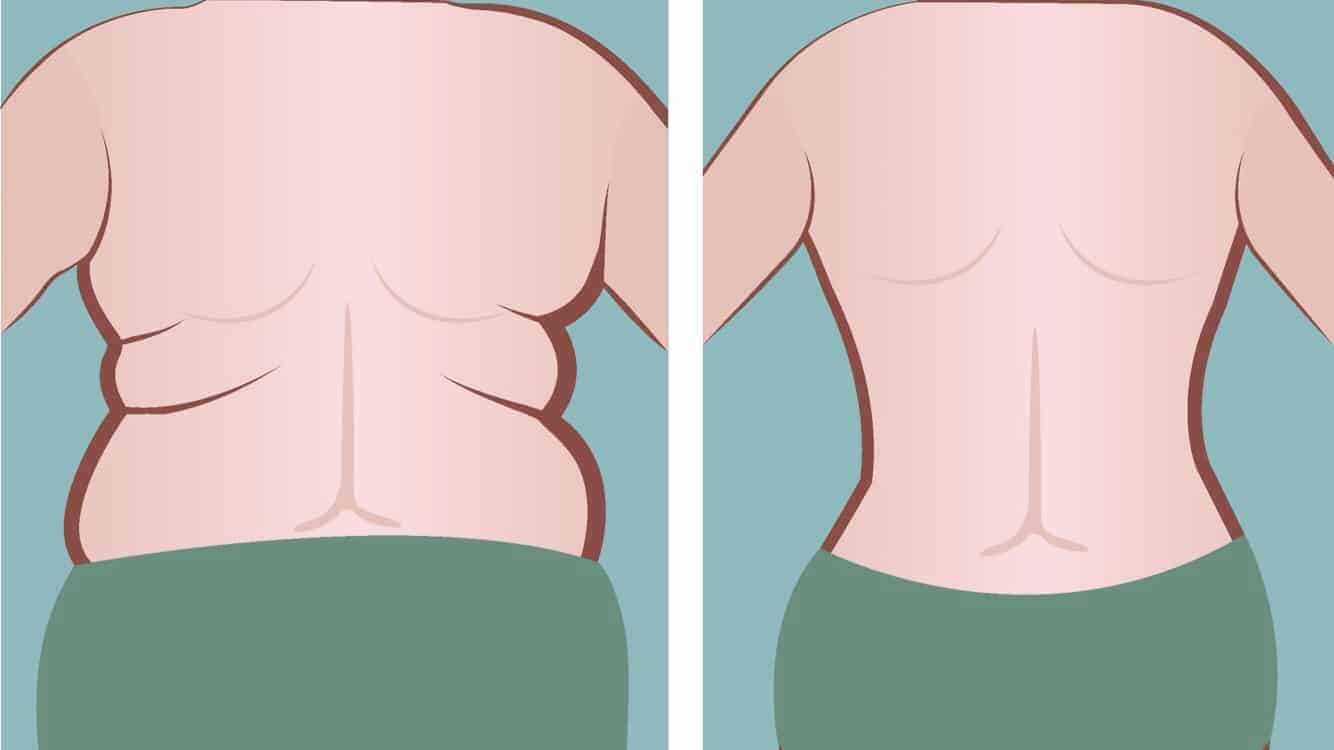Never ignore these key signs of exhaustion.
Stress and burnout have become all too common in our very busy lives. Recognizing the signs can make an enormous difference in managing and mitigating their impact on your life.
This article will help you identify specific signs of stress and burnout. Then, it will provide practical strategies to overcome them.
What Are the Signs of Stress and Burnout?

1 – Constant Fatigue
Feeling constantly tired is one of the most telling signs of burnout. Even after a whole night’s sleep, you may wake up as tired as when you went to bed. This persistent exhaustion can make it challenging to get through your day, impacting your personal and professional life. It’s not just about feeling sleepy. Instead, it’s about a deep-seated fatigue that never seems to disappear.
2 – Insomnia
While constant fatigue is one side of the coin, insomnia is the other. Feeling constantly overwhelmed often leads to difficulties with falling or staying asleep. Your mind races with thoughts of what you didn’t accomplish today and what you need to do tomorrow, making it nearly impossible to relax enough to sleep. Insomnia not only exacerbates fatigue but also heightens anxiety and decreases your ability to function effectively during the day.
3 – Frequent Headaches
Another common sign of stress is frequent headaches. These can be anything from mild tension headaches to debilitating migraines. Stress-induced headaches can be so severe that they affect your ability to concentrate and complete daily tasks. The tension from stress often manifests in the muscles around your head and neck, leading to these painful episodes.
4 – Muscle Pain
Stress affects your mind and body. Many people experience muscle pain, particularly in the neck, shoulders, and back, when they are stressed. That is because stress causes your muscles to tense up. Over time, that tension can lead to chronic pain and discomfort. Over time, this tension can become so ingrained that it feels like a normal part of your life.
5 – Digestive Issues
The gut-brain connection is powerful, and stress can wreak havoc on your digestive system. You might experience stomach aches, irritable bowel syndrome (IBS), or other gastrointestinal problems. These issues can be particularly frustrating because they add a physical dimension to your mental stress, making you feel even worse.
6 – Changes in Appetite
Stress can lead to significant changes in appetite. Some people find themselves overeating, using food as a comfort mechanism. Others may lose their appetite entirely. They find it hard to eat even when they know they need to. These changes can affect weight, energy levels, and overall health. Thus, they set up a cycle of stress and poor nutrition.
7 – Frequent Illness
Your immune system can take a hit, thanks to stress. You’re more likely to catch colds, get infections, and generally feel unwell. Chronic stress weakens your immune system. It makes it harder for your body to fight off illnesses. Stress could be the culprit if you get sick more often than usual.
8 – Difficulty Concentrating
Stress can make it incredibly hard to concentrate. You might find that you’re easily distracted or that your mind feels foggy. Tasks that used to be simple now demand much more effort and time. This difficulty concentrating can affect every aspect of your life, from work to personal projects, creating a frustrating cycle of decreased productivity and increased stress.
9 – Increased Irritability
Another sign of stress is increased irritability. You might get angry or frustrated over minor things that wouldn’t bother you. This irritability can strain your relationships with friends, family, and coworkers, increasing stress levels. It’s important to recognize this behavior as a symptom of stress rather than a permanent change in your personality.
10 – Feeling Overwhelmed
Feeling constantly overwhelmed is a hallmark of burnout. There’s too much on your plate and insufficient time or energy to handle it all. This sense of being overwhelmed can make it hard to prioritize tasks and manage your time effectively. That means a vicious cycle of stress and feeling even more overwhelmed.
11 – Loss of Interest in Activities
When you’re burned out, activities that used to bring you joy may no longer interest you. You might find yourself avoiding hobbies or social events because they feel like another thing you must do. The loss of interest can lead to feelings of isolation and depression, further exacerbating your stress.
12 – Procrastination
Procrastination is a typical stress response. When you’re feeling overwhelmed, it can be tempting to put off tasks, thinking you’ll get to them when you feel better.
However, as tasks pile up, this usually creates more stress. Procrastination can lead to an awful cycle of avoidance and increased stress, making it harder to break free from burnout.

13 – Decline in Work Performance
Your work performance will likely suffer if you’re experiencing stress and burnout. You might find it hard to stay motivated, meet deadlines, or maintain the same level of productivity you once did. This decline in performance can lead to increased stress and anxiety about your job, creating a negative feedback loop that’s hard to escape.
14 – Negative Thinking
Stress often brings with it a wave of negative thinking. You might focus on what’s going wrong rather than what’s going right, or you might struggle with self-doubt and pessimism. This negative thinking can affect your mental health, making it even harder to cope with stress and burnout.
15 – Emotional Numbness
Burnout can lead to emotional numbness, where you feel detached or disconnected from your emotions. You might find it hard to feel joy, sadness, or anger. This numbness can affect your relationships, as it’s challenging to connect with others when you’re not in touch with your own emotions. Recognizing this as a sign of burnout is crucial to getting your needed help.
16 – Social Withdrawal
You might withdraw from social interactions when you’re stressed and burned out. You might avoid friends and family because you’re too tired or overwhelmed to engage. This social withdrawal can mean loneliness and isolation, increasing your stress levels. It’s essential to recognize the value of social support in managing stress.
17 – Changes in Sleep Patterns
Stress can significantly change your sleep patterns. You might find yourself sleeping too much or too little. Irregular sleep schedules can make it even harder to cope with stress, as a lack of restorative sleep affects your overall health and well-being.
Paying attention to these changes can help you address the underlying stress causing them.
18 – Physical Exhaustion
Feeling physically exhausted without doing much physical activity is another sign of stress. This exhaustion goes beyond feeling tired. Rather, it’s a deep, pervasive feeling of being drained.
Stress can sap your energy levels, making completing even the simplest tasks difficult.
19 – Anxiety and Panic Attacks
Stress and burnout can lead to increased anxiety and even panic attacks. These episodes of intense fear can be debilitating, with symptoms like rapid heartbeat, shortness of breath, and a feeling of impending doom. Some individuals find that using indacloud delta 9 can help alleviate anxiety and promote relaxation during these episodes.
Recognizing and managing these symptoms is crucial for reducing stress and improving your life’s quality.
20 – Increased Substance Use
Turning to harmful alcohol or drugs to manage your emotions is a dangerous sign of burnout. While these substances might provide temporary relief, they can lead to addiction and worsen existing health problems.
It’s essential to find healthier ways to cope with stress to avoid the negative consequences of substance use.
Self-Care Techniques to Beat Stress and Burnout
Now that we’ve identified the signs of stress and burnout let’s examine some practical strategies for managing and overcoming them.
Time Management Techniques
One of the most effective ways to beat stress is to improve your time management skills. This can help you feel more in control of your responsibilities and reduce overwhelming feelings. Try breaking tasks into small, manageable steps and prioritizing them. Tools like to-do lists or planners can also help you stay organized and focused.
Relaxation and Mindfulness Practices
Adding relaxation techniques into your day can help reduce the impact of your stressors. Practices like deep breathing, meditation, and yoga can calm your mind and body, making it easier to handle stress. Mindfulness, which involves being present at the moment without judgment, can also help you stay grounded and reduce anxiety. For those seeking alternative ways to enhance relaxation and mindfulness, you can Buy Shrooms in Toronto to help with mental relaxation.
Exercise and Healthy Eating
Regular physical activity is a wonderful stress reliever. Exercise releases endorphins, the body’s natural mood lifters. Try to do at least 30 minutes of moderate exercise on most days of the week.
Also, maintaining a healthy diet can give your body the nutrition it needs to cope with stress. Avoid excessive caffeine and sugar, and focus on organic, whole foods—think fruits, vegetables, lean proteins, and whole grains.
Seeking Professional Help
If stress and burnout significantly impact your life, it may be time to seek professional help. Therapists and counselors can provide you with tips and tools to manage your stress effectively. Don’t hesitate to reach out for support if you need it. Sometimes, just the act of talking to someone who understands can make a big difference.
Journal Writing
Journal writing is a powerful tool for overcoming burnout. Taking a few minutes each day to write about your thoughts and feelings can help you process and release pent-up emotions. It allows you to reflect on your experiences, identify stress patterns, and clarify what’s truly important.
Journaling can also be a place to brainstorm solutions to challenges and set goals for managing stress more effectively. Making journal writing a regular habit allows you to create a personal sanctuary for self-expression and healing, ultimately fostering resilience and well-being.
Final Thoughts on Recognizing the Earliest Signs of Stress and Burnout
Recognizing and addressing the signs of stress and burnout is crucial for mental and physical health. By identifying these signs early and taking proactive steps to manage stress, you improve your quality of life and prevent burnout from taking a toll. Remember, asking for help and taking time for yourself is okay. Prioritize your well-being, and you’ll be better equipped to handle whatever life throws your way.


















